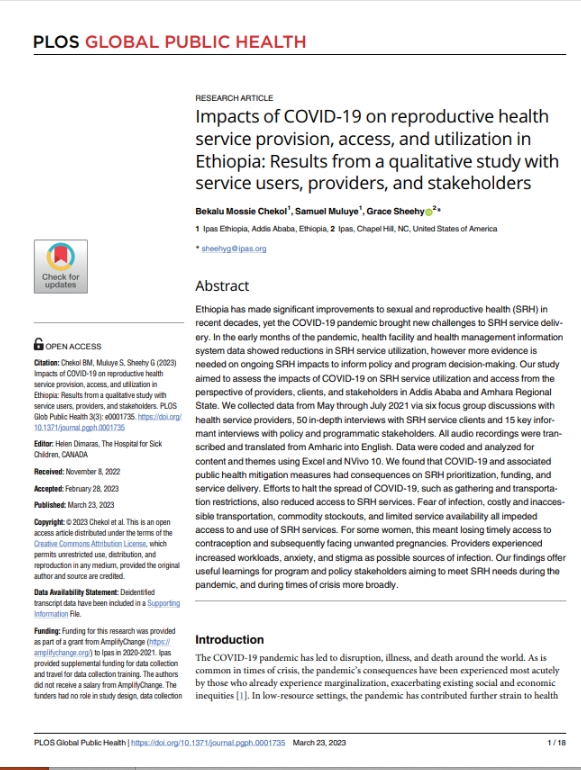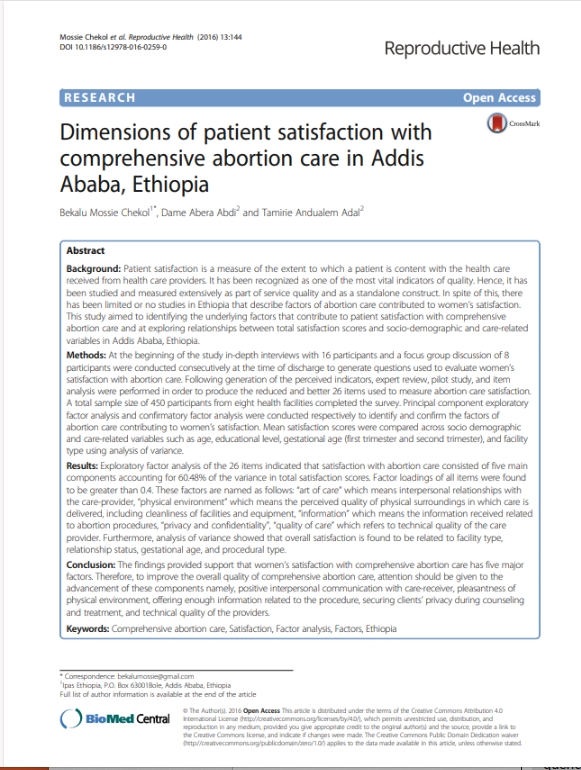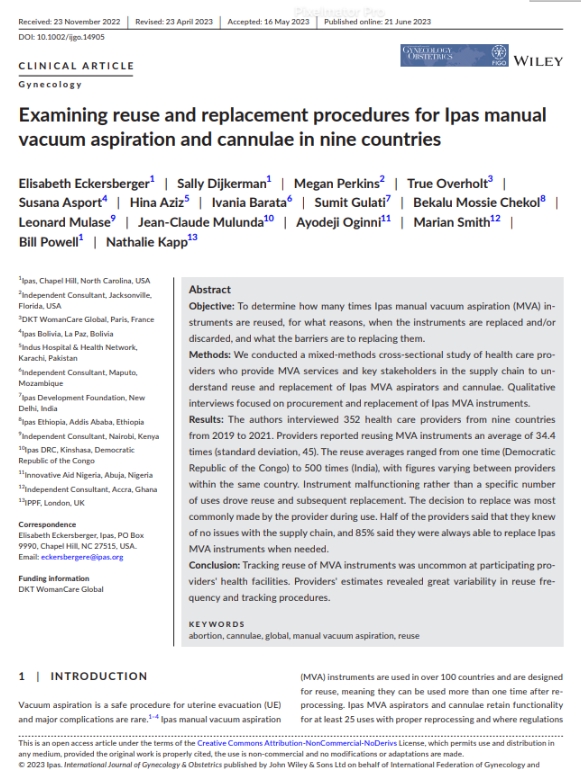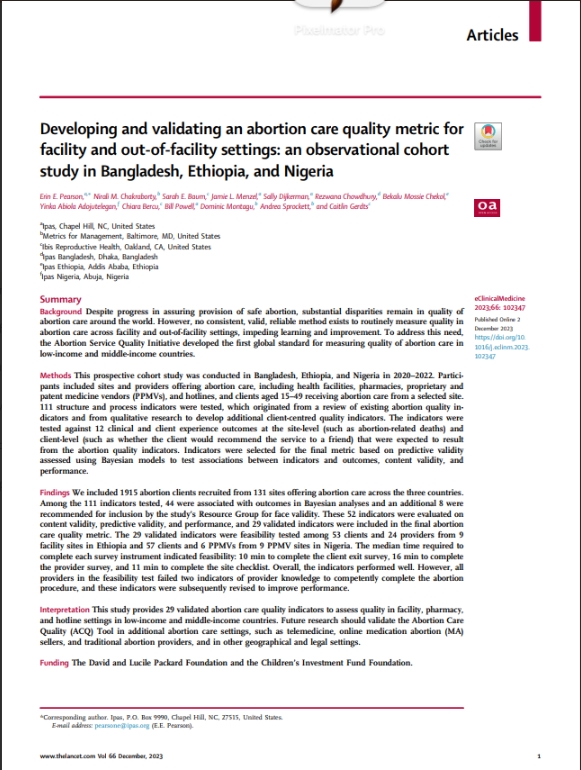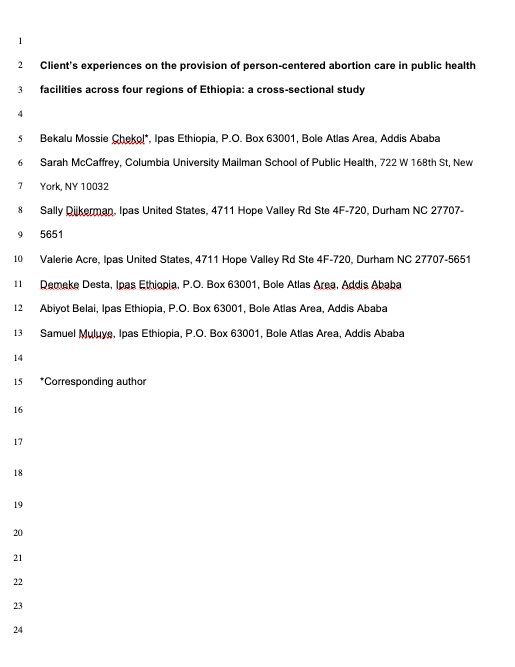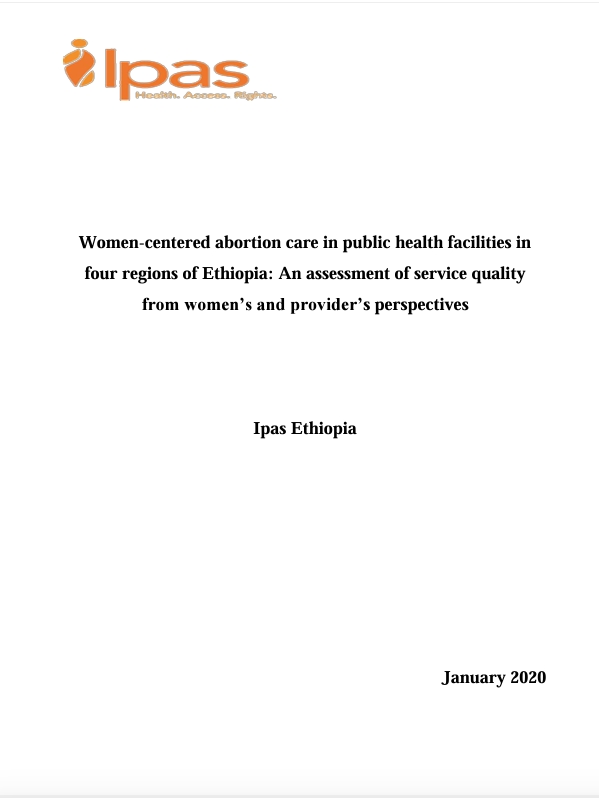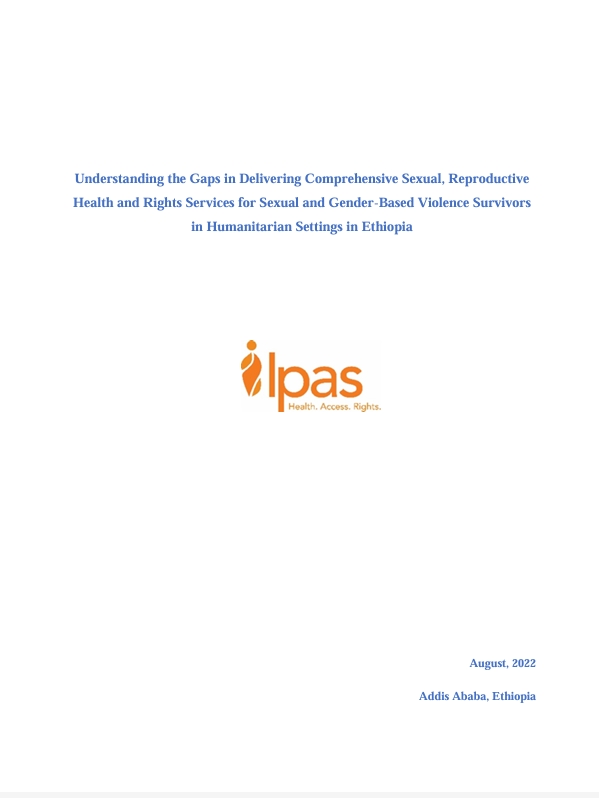Our leadership
Research
Program Manager, Ipas DRC

Dr. Mike Mpoyi is an experienced medical doctor and public health professional skilled in health system strengthening, project management, and implementation with a focus on reproductive health and infectious diseases. With over 13 years’s experience in strengthening access to healthcare in Africa, notably the Democratic Republic of Congo (DRC), Côte d’Ivoire, Nigeria, Uganda, and Burundi, Dr. Mike Mpoyi has focused his work on improving access to equitable sexual and reproductive health and rights (SRHR), with focus on establishing youth-friendly pathways to services in stable and conflict zones for vulnerable populations in low- and middle-income countries.
Dr. Mike Mpoyi is the current Senior Program Manager for Ipas in the DRC. He started his career as the Coordinator of Peer Educators in Reproductive Health for a youth health-centered national programme. In 2013, he became Area Physician Manager at Premium Health Limited before becoming Country Manager in 2014.
During three years, he provided clinical and managerial oversight, ensured accurate management of pharmaceuticals stock, managed the DRC country office and national network of 75 Premium Health clinics across the DRC. From 2016 he chaired the IPPF-DRC Provincial Board of Directors ; for two years, he led the strategic thinking on positioning the organization at the regional level. In that same year, he founded Access Care, a national non-profit health maintenance organization becoming the first Chief Executive Officer. Since 2020 he has been working as the Global Technical Advisor, at Ipas US.









